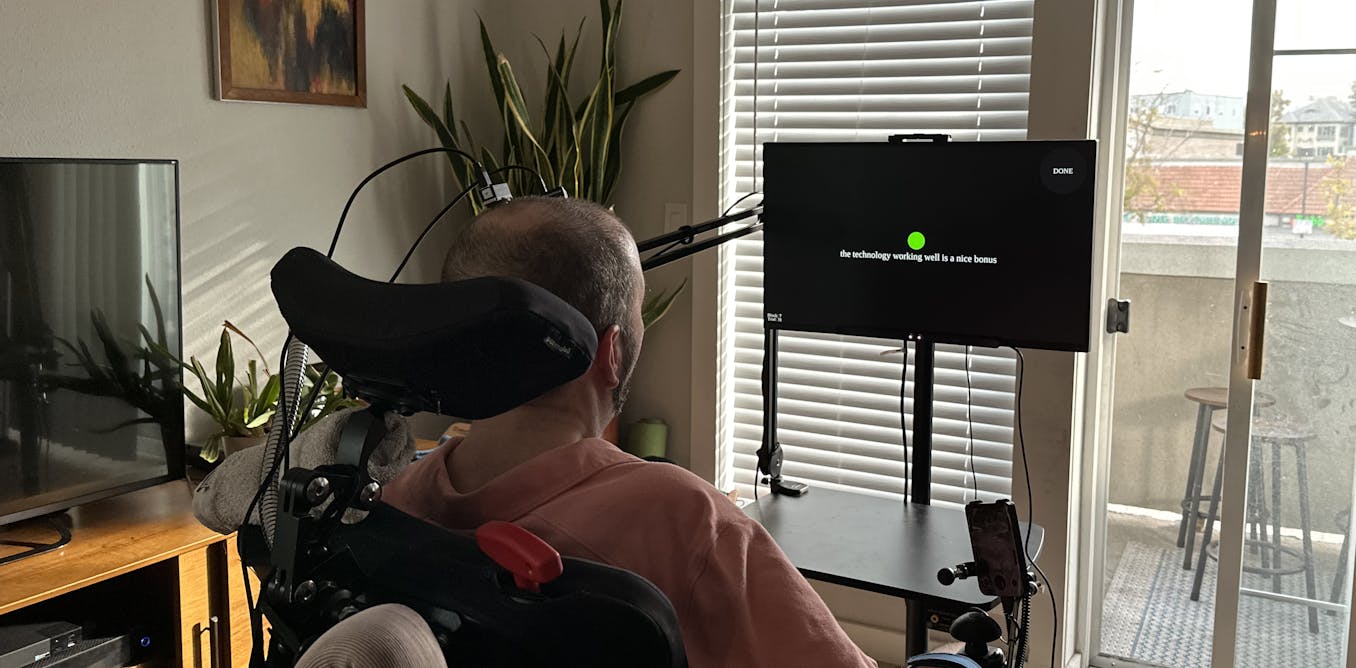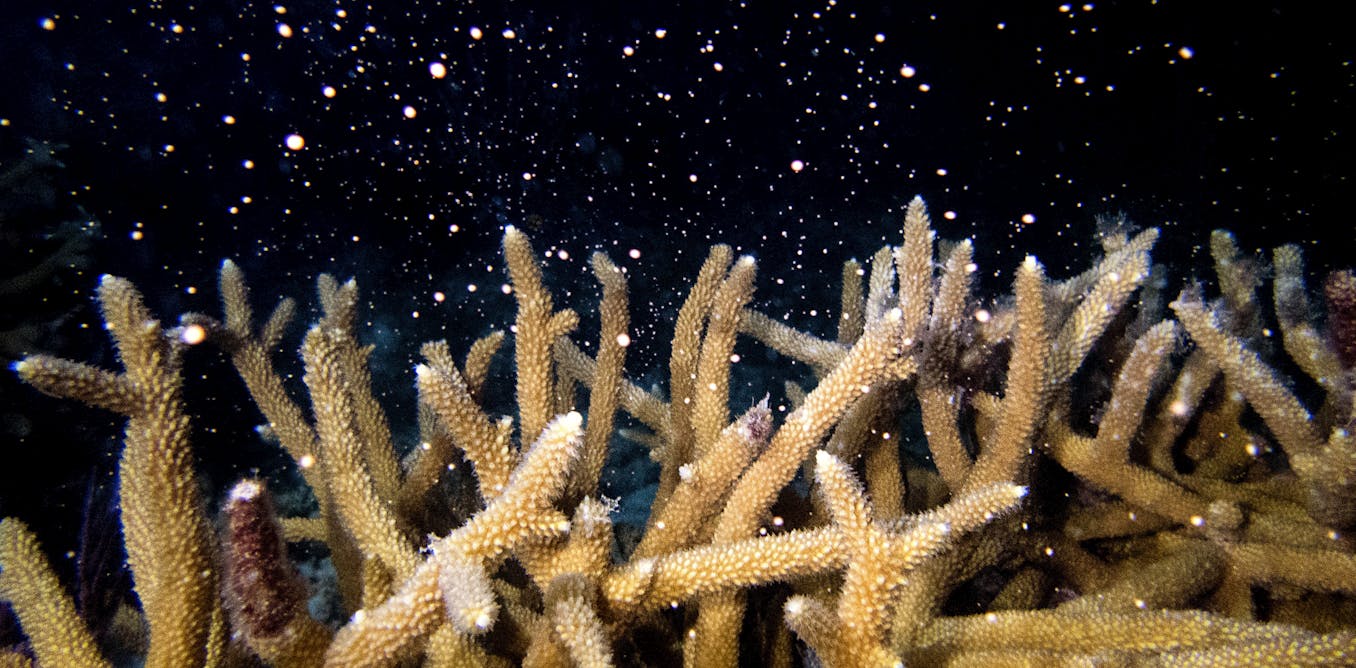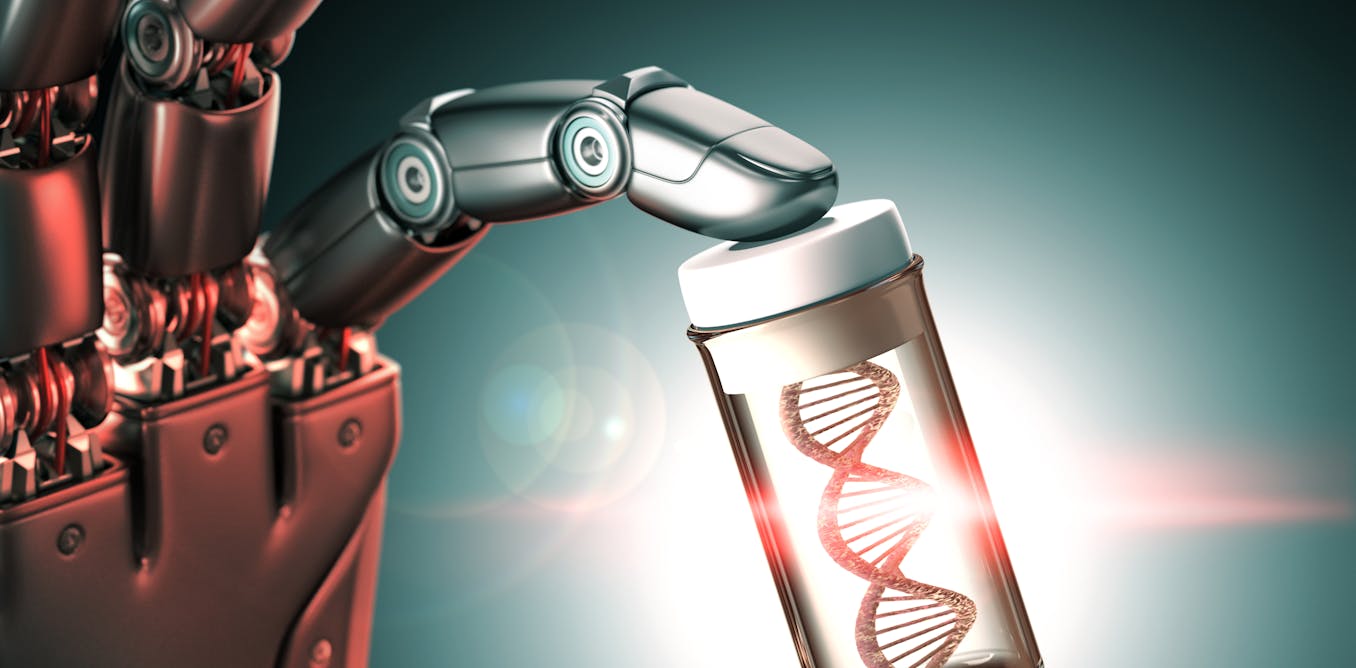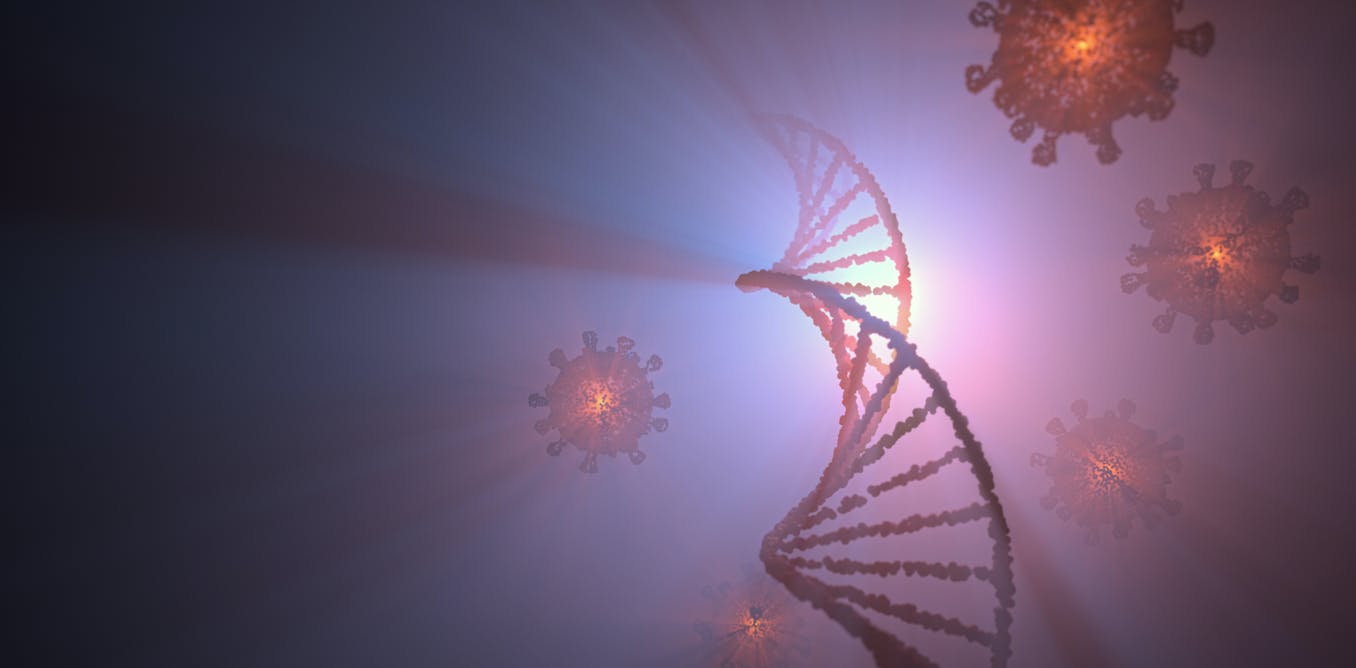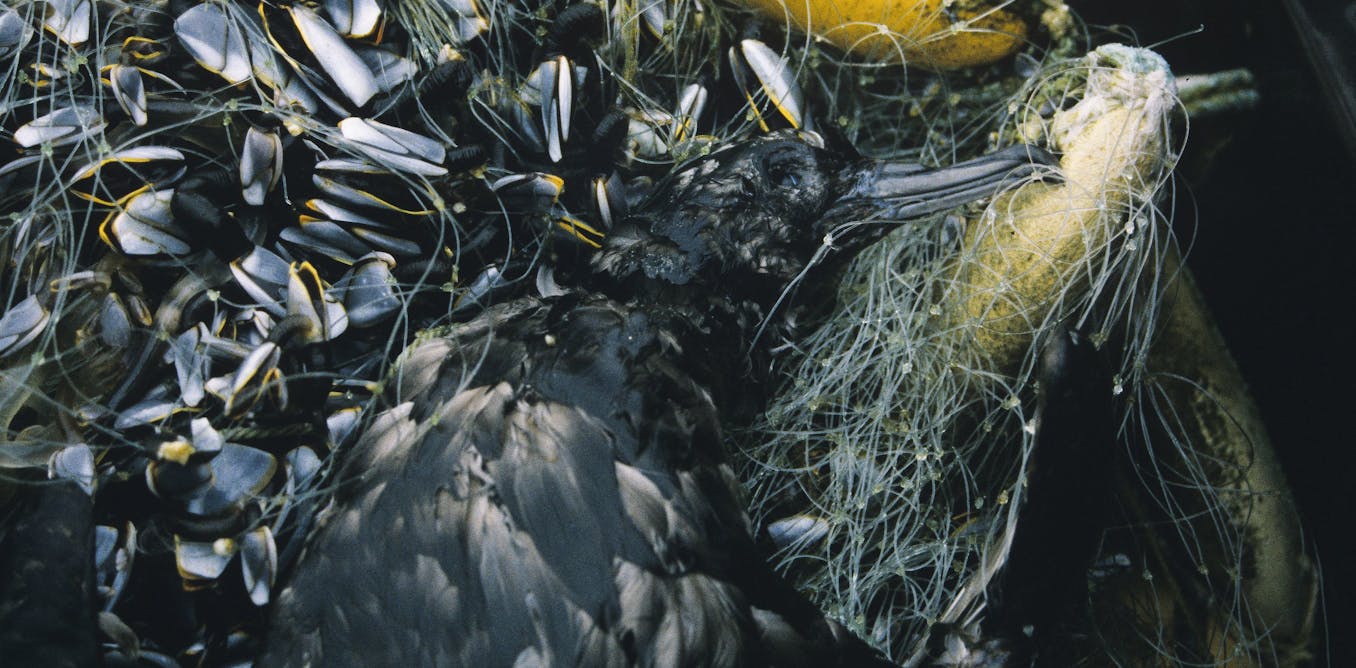From thoughts to words: How AI deciphers neural signals to help a man with ALS speak
Listening in on neural activity is a promising way of restoring the ability to communicate for people whose bodies no longer can. Artificial neural networks are the key middleman in the process.
Aug. 22, 2024 • ~8 min

